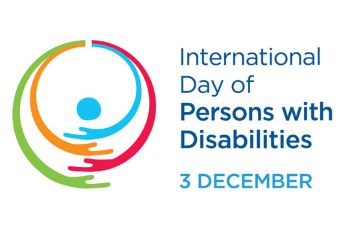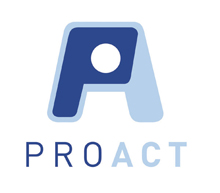By Jessica Gruber, ProAct Employment Coordination Manager
December 3 was the United Nations’ International Day of Persons with Disabilities (IDPD).
 The day is about promoting the rights and well-being of persons with disabilities at every level of society and development, and to raise awareness of the situation of persons with disabilities in all aspects of political, social, economic and cultural life.
The day is about promoting the rights and well-being of persons with disabilities at every level of society and development, and to raise awareness of the situation of persons with disabilities in all aspects of political, social, economic and cultural life.
The World Health Organization (WHO) joins the UN in observing this day each year, reinforcing the importance of securing the rights of people with disabilities, so they can participate fully, equally and effectively in society with others, and face no barriers in all aspects of their lives.
Annually, WHO decides on a theme and develops evidence-based advocacy materials such as brochures, flyers, posters, banners, infographics, and presentations, among others. These materials are shared with partners in government and civil society around the world as well as through WHO regional and country offices.
At its headquarters in Geneva, WHO organizes an annual IDPD event to educate the public, raise awareness, advocate for political will and resources, and celebrate WHO’s achievements.
The UN’s theme is “Building Back Better: toward a disability-inclusive, accessible and sustainable post COVID-19 World.” WHO supported this theme by underlining the importance of fostering an inclusive culture and responding to the urgent needs of people with disability in all aspects of society, especially during the COVID-19 pandemic.
Today the world population is more than 7 billion. More than 1 billion people, about 15 percent of the world’s population, live with some form of a disability.
Disability is a global public health issue – it affects one in seven people worldwide. Everybody is likely to experience disability at some point in life.
Disability is also a human rights issue – people with disability are among the world’s most discriminated people, often experiencing violence, prejudice and denial of autonomy as well as facing barriers to care.
Disability is a development priority – it has a higher prevalence in lower-income countries and disability and poverty mutually reinforce each other.

